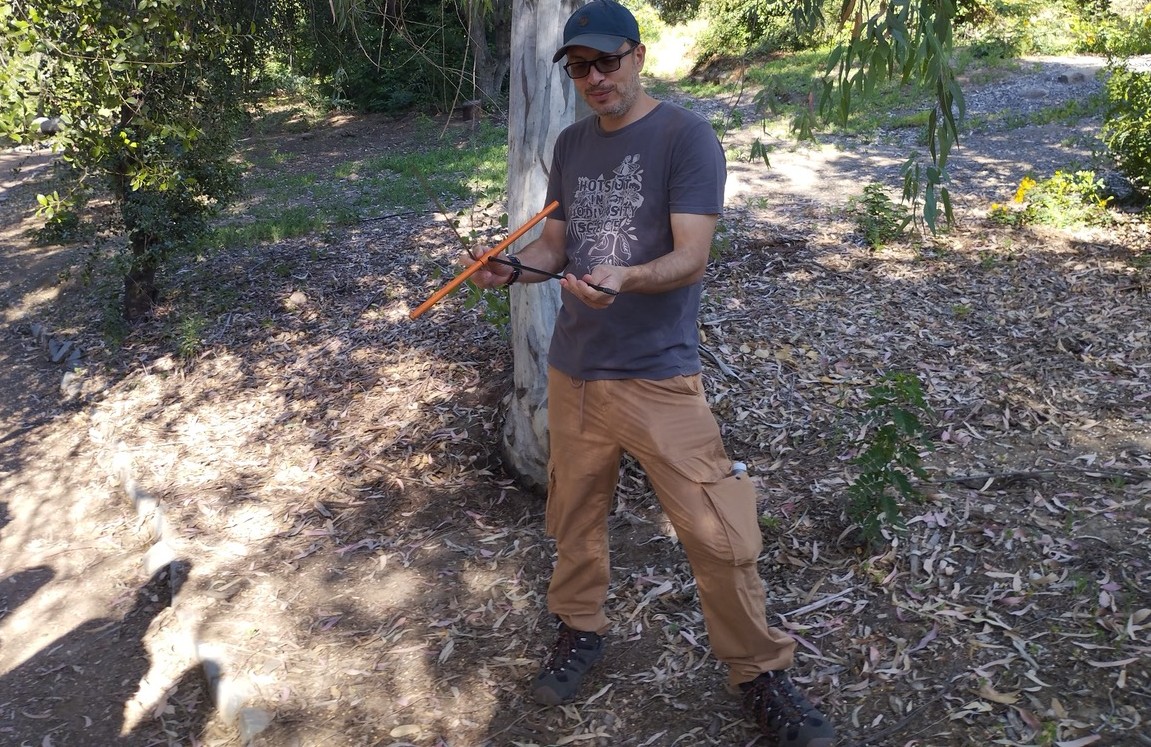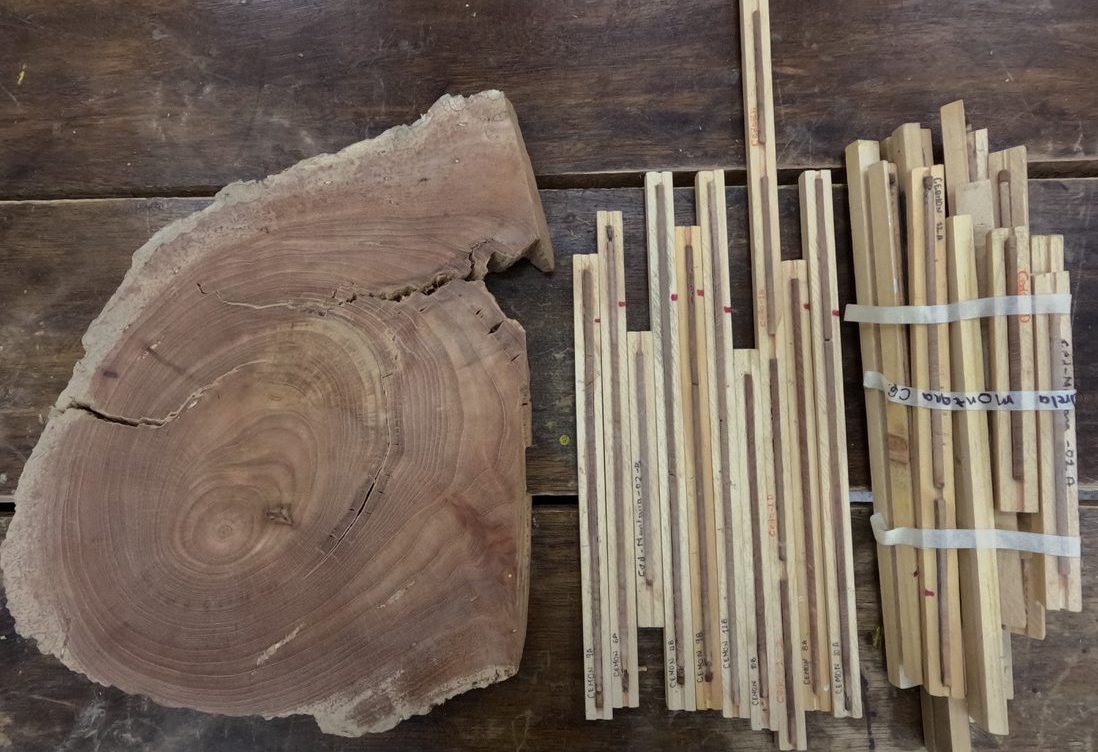News
Global science is written with Unicaucano talent! A professor from the university contributed to an article published in the journal Science
A team of researchers from around the world joined forces and expertise to understand how tropical trees respond to climate. The result was a landmark study, published in the prestigious journal SCIENCE, which analyzed more than 10,000 trees across 483 growth-ring chronologies, revealing the traces that time leaves on forests in tropical and subtropical regions.
Professor Jorge Andrés Ramírez Correa, from the University of Cauca, is one of the 170 researchers who combined their knowledge in dendrochronology to develop an unprecedented study on tropical trees. The work, titled “Pantropical tree rings show small effects of drought on stem growth”, was published in SCIENCE, one of the most prestigious and influential scientific journals in the world, widely recognized for disseminating groundbreaking research across multiple disciplines.
Affiliated with the Forestry Engineering program of the Faculty of Agricultural Sciences, Professor Jorge Andrés is a co-author of this study led by the Tropical Tree Ring Network, an international collaboration that, through meta-analysis and scientific reviews, seeks to understand how trees in tropical regions respond to current climate conditions and the challenges brought by climate change: a pressing reality whose consequences are becoming increasingly evident.
The research, published on July 31, 2025, in SCIENCE, relied on an unprecedented database: 483 growth-ring chronologies from more than 10,000 trees in tropical and subtropical regions. “The data included 163 tree species from 33 families, including angiosperms (flowering plants) and gymnosperms (such as conifers). The study showed that, despite the increase in drought driven by climate change, tropical forests maintain a remarkable capacity for recovery in their growth and carbon capture. However, during the driest years since 1930, trunk growth has been reduced by an average of 2.5%, and more than a quarter of the trees showed a reduction greater than 10%, particularly in warmer and drier areas, and in species such as conifers,” explained Professor Jorge Andrés.

Provided photo
It is worth noting that Professor Jorge Andrés, forestry engineer, Master in Forests and Environmental Conservation, and PhD in Biology, combines his academic career with the training of new generations, serving as coordinator of the Applied Silviculture Research Group and of the Doctorate in Agricultural and Agroindustrial Sciences at the University of Cauca. Teaching and knowledge creation are his two main passions.
On the findings of the research, the professor emphasized that although droughts have left scars on trees, they have shown a remarkable ability to recover, taking advantage of wet years to grow and capture carbon. However, he warned that this resilience might not be infinite:
“The results suggest that, so far, tropical forests have been resistant to droughts in terms of growth and carbon capture. But this recovery capacity may diminish in the future if droughts become more frequent and intense as a result of climate change.”

Provided photo
This work not only represents progress in understanding tropical ecosystems but also reflects the commitment of the University of Cauca to building knowledge in service of life, an effort clearly aligned with the Institutional Development Plan’s priority of “A University in Solidarity and Committed to Its Environment.” For our institution, it is a source of pride that our community contributes voices and efforts to global sustainability challenges, reaffirming that science, when built collectively, has the power to sow in the present to transform the future.
Interested in learning more? The full article is available at the following link:http://https://doi.org/10.1126/science.adq6607.
Congratulations to this talented Unicaucano researcher and to the other scientists who are making history!
Written by: Communications Management Center


